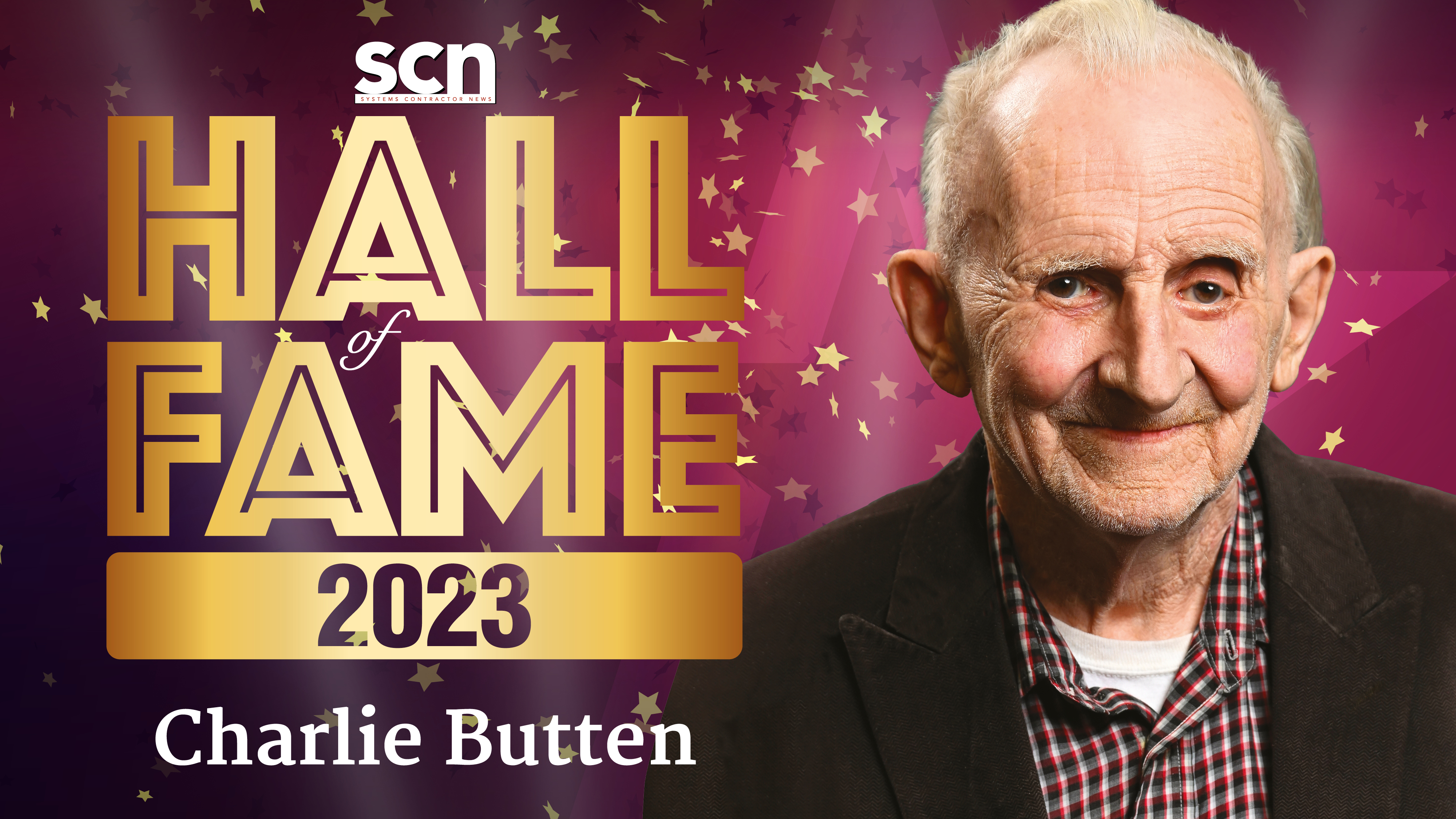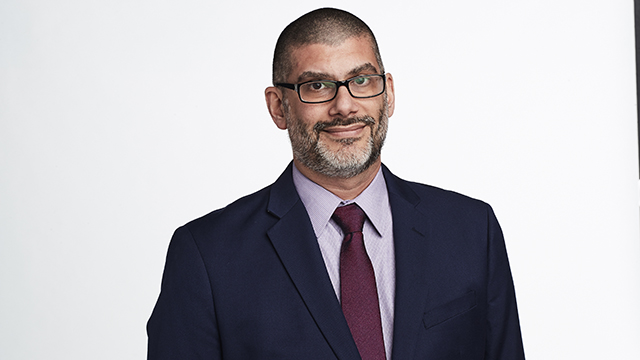The Pro AV industry is loaded with talented people, and at SCN, we're proud to celebrate the achievements of the newest members of our Hall of Fame.
“It all begins with the signal. If you don't have the signal, you got nothing.”
So said Charlie Butten, now 83 years young, as he reflected on his long career from his Pacifica, CA, home. It’s a career that allows him to refer to rock-n-roll royalty like Eric Clapton and Carlos Santana by first name. After more than 50 years, it’s a career that allows him to continue molding young Clear-Com employees for the future. And it’s a career that changed live events, and eventually Pro AV, forever.
[SCN Hall of Fame 2023: Rony Sebok]
Butten and Bob Cohen are the names most associated with the creation of Clear-Com, and it was the RS-100 analog beltpack that boosted Butten into celebrity and mythical status among concertgoers and content creators alike (a 1971 article in Rolling Stone certainly helped). But the wheels were in motion long before the two met up in San Francisco in the late 1960s.
“It all started slightly before that,” explained Butten. “I was working in Boston, and Terry Hanley had a system, and he had the concept of a belt pack. But the thing is, his belt pack basically had just the outside controls with a cable that went to an amplifier in the back room. It wasn't terribly convenient, but the concept of a belt pack was there.”
It was on the West Coast that the first distributed amplifier intercom system, the RS-100, was born. Butten said much of the work was done in a bathroom sink that had been provided by Cohen's father and had been installed at the early offices of Clear-Com. Butten used an employee’s frying pan as the soldering pot, along with makeshift tongs held together by tape. Despite the modest assembly process, the finished product worked—and the rock industry loved it.
[Intercoms: A History of Distance]
“We made up a few systems and some of the local bands started using it,” Butten said. “And what they were really thrilled about is they could throw this thing down on the stage floor, plug it all in, and they didn't have to worry about anything.”
Word spread fast, and Clear-Com’s presence in the industry quickly became a hot commodity. Butten humbly admitted that wasn’t all his doing. “Well, Bob [Cohen] is a very good businessman and I'm not,” he said, laughing. “He started introducing it to a lot of people and it definitely picked up speed."
Decades later, Clear-Com’s devices and solutions—from partylines to headsets—still power the live event industry, but can also be found in TV production and beyond. Was that Butten's plan all along? “Actually, I was just focused on the task at hand, which was communicating to the stage from the mix console,” Butten said. “That was our big thing. And then later, it expanded out.”
Is there more room for expansion? “That's a good question, because there's a lot of branches that we could explore a bit more,” Butten explained. “For example, there's a branch that would involve operating rooms where you can talk to the doctor while he's doing his thing. There's a branch on oil platforms and things like that, which involves good outdoor application."
[SCN Hall of Fame 2023: Fred D'Alessandro]
While Butten mentioned that he hopes his legacy is “the whole concept of being able to communicate in noisy conditions and putting together a simple system to do it,” that legacy continues to grow. Butten still works for Clear-Com and is currently collaborating with the youngest person on his team.
“What you realize is when you get to be 83, which I did, you begin to think about how do I pass all of this on?” Butten added. “Because the clock is ticking against you. So, you know you're only good for about so long and then gone. So that's a big part of it—passing it on to the next generation.”

